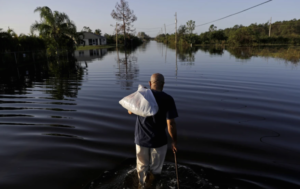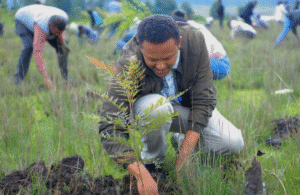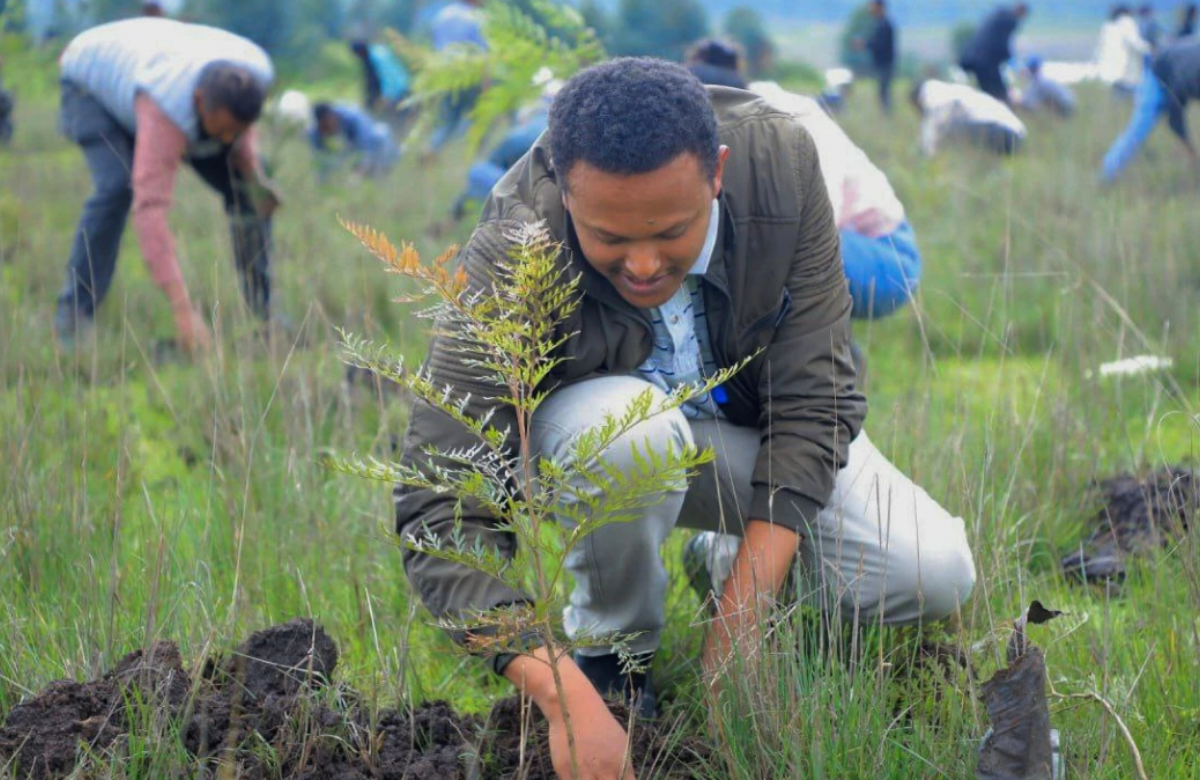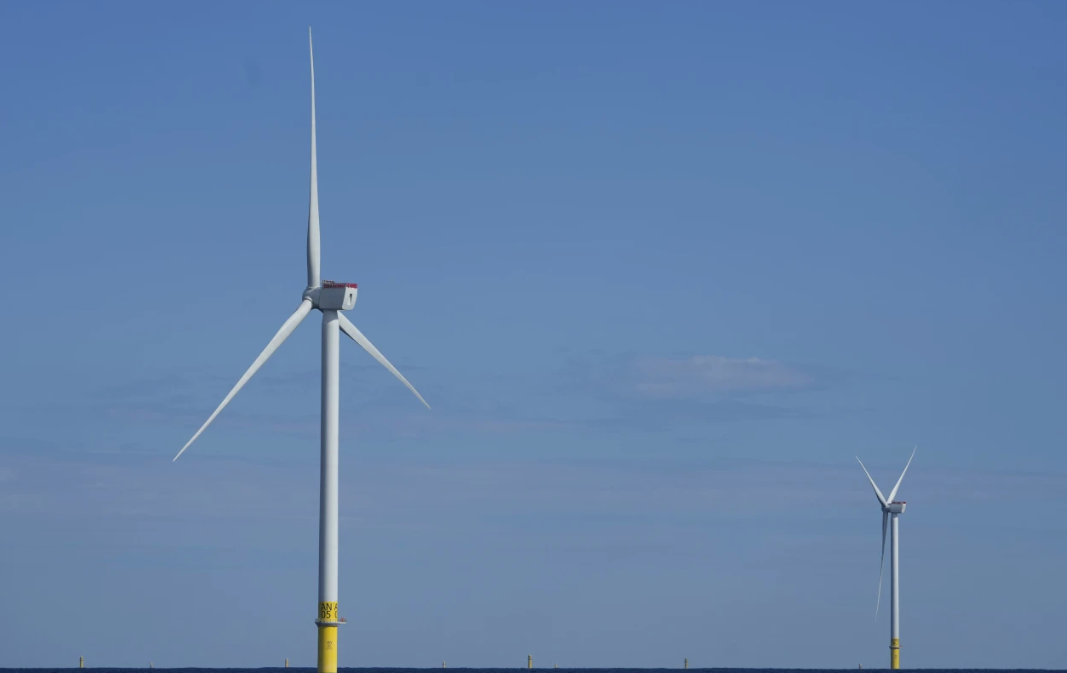Negotiators working on an international treaty to tackle plastic pollution reviewed a new draft text on Wednesday that notably excludes limits on plastic production and fails to address the chemicals used in plastic products.
A central point of debate in the talks is whether the treaty should cap the production of new plastics or focus primarily on improving design, recycling, and reuse. Around 100 countries support imposing production limits along with measures for cleanup and recycling. Many also emphasize the importance of dealing with toxic chemicals in plastics.
However, major oil and gas-producing countries and the plastics industry oppose restricting production. Instead, they want the treaty to concentrate on better waste management and reuse strategies.
Countries holding very different views expressed disappointment with the draft. It is expected to undergo significant changes, with a revised version anticipated on Thursday, the final day of scheduled negotiations.
When discussions resumed Wednesday evening, Colombia’s delegation condemned the draft as unbalanced and lacking the ambition and binding commitments necessary to effectively combat plastic pollution. They refused to accept the text as a foundation for further talks.
Panama’s delegation head, Juan Carlos Monterrey Gómez, applauded Colombia’s stance, and numerous other countries, including Mexico, Chile, Ghana, Canada, Norway, the UK, the European Union, and a coalition of small island developing states, voiced their agreement.
Canada’s representative, Erin Silsbe, stressed, “Let me be clear — this is not acceptable for future generations.”
Conversely, oil- and gas-exporting nations such as Saudi Arabia, Kuwait, and Qatar raised concerns about the draft’s scope and lack of precise definitions necessary to frame the treaty effectively.
The United States identified six articles in the draft that cross “red lines,” though it did not specify which ones.
India’s delegation took a more moderate stance, describing the draft as a “good enough starting point.”
The current draft mentions plastic production only once in the preamble, reaffirming the goal of promoting sustainable production and consumption. Unlike earlier versions, it omits any article specifically addressing production and contains no references to chemicals.
Instead, the draft focuses on reducing problematic plastic items that frequently pollute the environment and are challenging to recycle. It encourages redesigning plastics for better recyclability and reuse, and calls for improved waste management efforts by participating countries.
Luis Vayas Valdivieso, chair of the negotiating committee, explained that the draft reflects the range of opinions expressed during the talks. He emphasized that it is meant to advance negotiations toward a legally binding agreement, with room for parties to amend and refine the text.
With little time remaining, Vayas urged delegates to build consensus rather than hold firm to their red lines, aiming to achieve progress in the final stages of the talks.
Also Read:
Canada’s Summer McIntosh secures back-to-back golds in two days at the world swimming championships
Trump’s Pick to Lead Labor Statistics Draws Widespread Criticism















